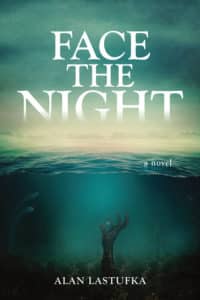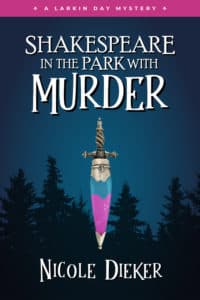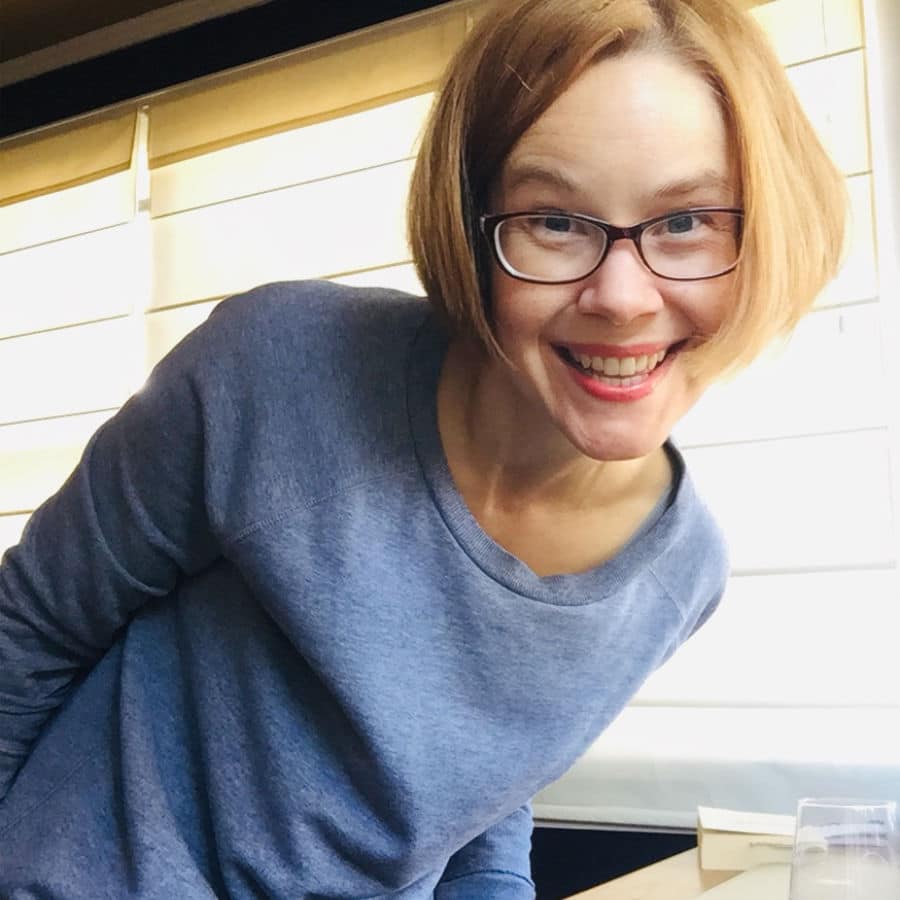Some people judge books by their covers. I like to judge a book by its first three paragraphs. The opening sentences of a story tell you a lot about the experience you’re likely to have with the book—and since many readers turn to books to find specific experiences, skillful writers often use their first paragraphs to let their readers know exactly what kind of experience to expect.
Here are three examples from Shortwave’s catalog, each of which represents not only a different genre, but also a different type of reading experience. Which of these books do you most want to read—and which of these openings do you most want to imitate?

The first three paragraphs of Alan Lastufka’s award-winning Face the Night promise a story of physical horror—burned cheeks, bleeding arms, clenched jaws. Needles that buzz; years that eat away. Notice how Lastufka pairs ticked, cheek, and stuck in his first three sentences, each hard k jarring the reader into paying attention. Notice, also, the way he pairs Adriana’s environment with her emotions—crowded, frayed, suppressed and desperate. This is a story in which something bad is going to happen. It is also a story in which something bad already has.
Adriana mentally ticked off all the things she’d let herself forget over the last three years. Like the way his lips held a cigarette, limp, until he laughed and it shot straight up, threatening to burn his cheek. Or his dirty crew socks, always frayed around his long second toe. Or just how much he bled when she stuck him.
The tattoo machine buzzed in her right hand while she wiped the blood from Eric’s arm with the oven towel in her left. When it was new, the towel was bright with Once Upon a Time embroidered in fancy script above a sunshine-yellow momma duck and her ducklings. But the years had eaten away at the lettering, so it now read O ce pon Tim .
Adriana desperately wanted to live in one of those O ce pon Tim stories. She slung the towel back over her shoulder and glanced at her crowded kitchen and dining room. Eric’s friends had taken over the whole place tonight. She suppressed a sigh, loosened her clenched jaw, and got back to work on his arm.
If you want to write the kind of horror story that feels as visceral as Face the Night, choose your descriptive words carefully. Pick adjectives and verbs that share not only consonants, but also connotations—the cigarette that shot straight up, for example. If you can do what Lastufka does in his third paragraph and give your main character a wish that comes true in the most horrific way possible, even better.

Ai Jiang’s novelette I AM AI is written as a series of rapid paragraphs, many of which are only a sentence long. In just 45 words, we understand the problem facing the main character—she’s running out of time. She’s also running out of battery, memory, and the ability to consider the consequences of her decisions.
It’s becoming difficult and dangerous to ignore my battery’s rapid run-down time. At 8%, my memory functions are diminishing far too quickly. I’ve forgotten to charge before leaving work—again.
For me, forgetting is a dangerous thing.
I hope the glitches don’t cause a sudden short-circuiting.
If you want your writing to feel as fast-paced as Jiang’s, short paragraphs are often a good way to go. You don’t need to keep all of your paragraphs as compact as Jiang’s first three, of course—and if you read I AM AI in full, you’ll uncover longer paragraphs interspersed with the single-sentence, command-line attention-grabbers. This is a story about a person who is no longer fully human, and Jiang uses both language and length to differentiate her narrator’s artificial impulses with her natural ones.

I’m not going to evaluate the first three paragraphs of my newest mystery novel, Shakespeare in the Park with Murder. Instead, I’ll let you read the excerpt yourself and try to predict what my book promises:
“It’s hot,” Larkin said, as she unzipped herself from her sleeping bag.
“I know,” Ed said, setting down his free weights and helping Larkin free herself from the upper bunk. The cabins had bunkbeds, but no ladders; windows, but no air conditioning. The nearest outhouse was thirty feet away; the nearest facility that offered showers, flush toilets, and sinks was half a mile down the kind of packed-dirt runway that had been created, over the years, by people who needed to get to a functional bathroom as fast as they could. A desire path, Sahil had called it, when he gave Larkin and Ed the tour.
Larkin had not known, when she accepted the job of directing the newly relaunched Summer Shakespeare Festival, that it would involve camping. She knew, of course, that the performances would be outdoors, in a state-of-the-art amphitheater that boasted donor names on both its dressing rooms and many of its injection-molded seats. She had assumed that the rehearsals would be indoors. She had assumed that the meals would be served indoors, and that someone else would be responsible for cleaning the kitchen. She had assumed that she would be allowed to sleep in her own bed.
What do these paragraphs accomplish, with their lists of amenities and assumptions? What can we assume about Larkin, from this first-page glimpse into her mind? If you were going to write a story that centered on an amateur detective, would you also want to spend the first few paragraphs of your book showing us not only what she sees—and, in the case of the unairconditioned cabin, what she doesn’t see—but also how she thinks?
It’s really up to you, when you start to write your book. There are no rules; you could write a detective story without a lot of description, for example, or a horror story without a single instance of the word blood. You get to choose the sentences that build the experience you want to create—so choose wisely.
After all, your readers may end up judging your book by its first paragraphs.
Enjoy this story? Consider supporting our magazine with a small donation.
All donations will go towards paying authors for new stories, or website upkeep to ensure our stories remain free to read.

Nicole Dieker is a writer, teacher, and musician. She began her writing career as a full-time freelancer with a focus on personal finance and habit formation; she launched her fiction career with The Biographies of Ordinary People, a definitely-not-autobiographical novel that follows three sisters from 1989 to 2016.
Dieker writes the Larkin Day mystery series. She also maintains an active freelance career; her work has appeared in Vox, Morning Brew, Lifehacker, Bankrate, Haven Life, Popular Science, and more. Dieker spent five years as writer and editor for The Billfold, a personal finance blog where people had honest conversations about money.
Dieker lives in Quincy, Illinois with the great love of her life, his piano, and their garden.
Copyright ©2023 by Nicole Dieker.
Published by Shortwave Magazine. First print rights reserved.
We believe in paying writers professional rates. We also believe in not hiding stories behind paywalls. These two beliefs are, unfortunately, at odds with each other. However, your support today could help us continue our mission.
We respect your privacy. We will never sell your information. You can unsubscribe at any time.